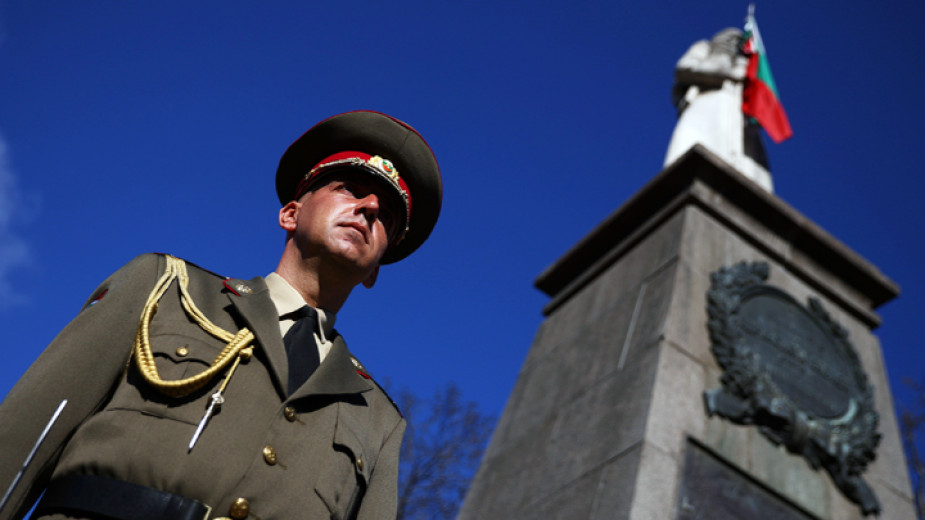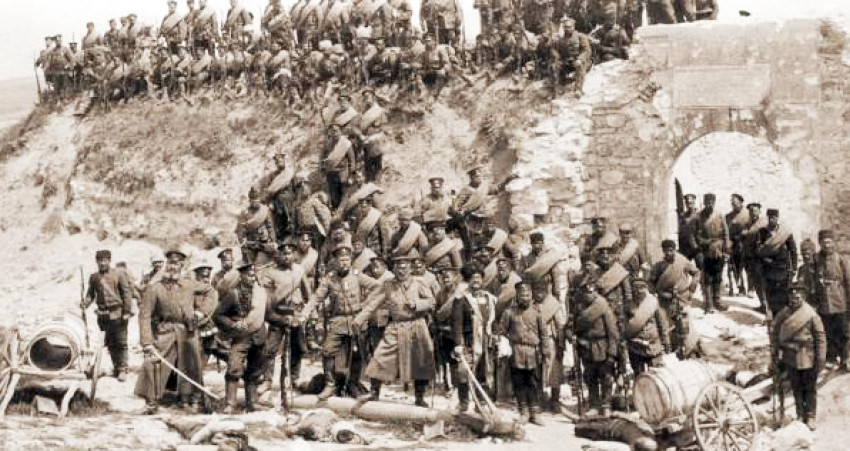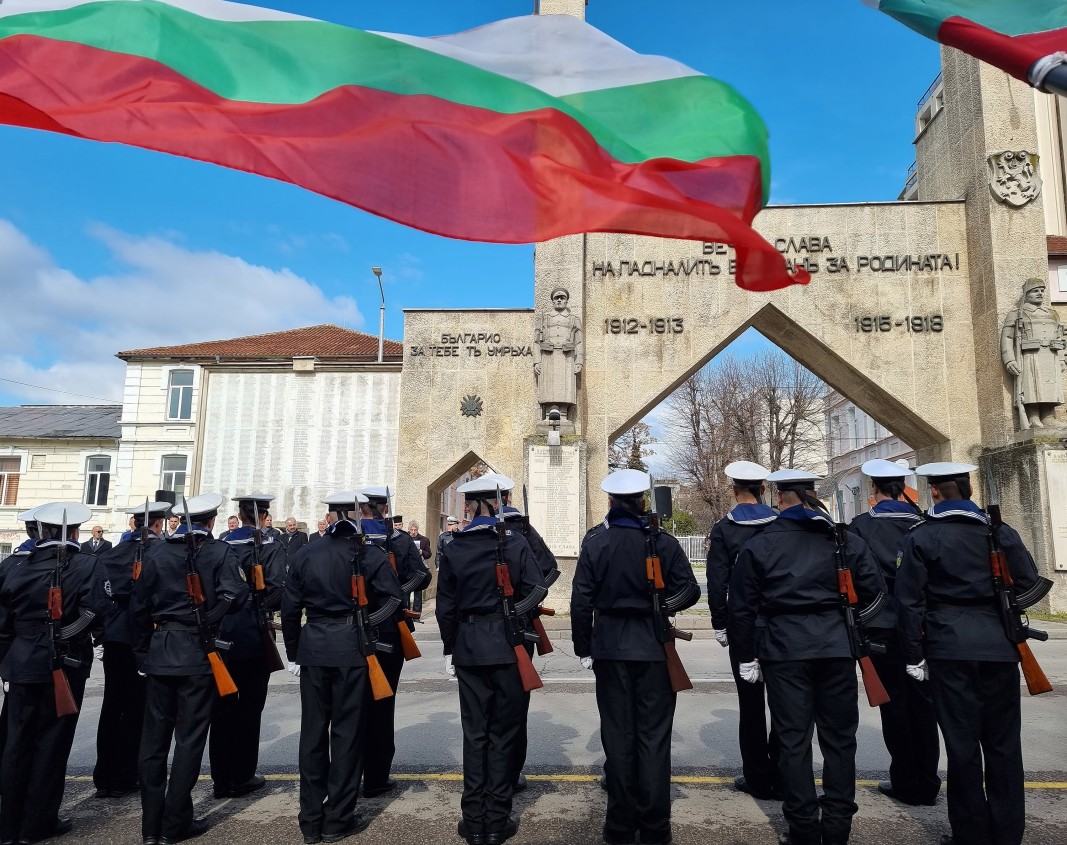 7
7
26 March is Thrace Day – the date was included in the official Bulgarian calendar in 2006, but has been celebrated long before that. On this day in 1913 the Bulgarian army conquered the Edirne fortress, until then deemed “impregnable”. The defeat forced the Ottoman Empire to sign the peace treaty of London, by force of which it handed its Balkan territories over to the victorious Balkan allies.
In June the Second Balkan War began. The Bulgarian army fought against Greece and Serbia over the disputed territories in Macedonia, and against Romania for Southern Dobrudzha. Taking advantage of this, the Ottoman army breached the border along the Midia-Enos line, occupied Edirne Thrace and drove the Bulgarian population away with much brutality.
For Thracians the date 26 March is a symbol of the struggle for freedom, a day to commemorate the fallen heroes, but also a day to remember the victims who lost their lives in the pursuit of the national idea, saysthe Union of Thracian Associations in Bulgaria, an organization that brings together the descendants of the Thracian Bulgarians.
Varna is one of the cities where, in front of the Portal Monument to the 8th Infantry Sea Regiment, official ceremonies take place to mark the Day of Thrace and the 111th anniversary since the conquering of the Edirne fortress by the Bulgarian army during the Balkan War of 1912-1913. 
“The main refugee waves took place after the Russo-Turkish of 1878, after the Ilinden-Preobrazhenie Uprising of 1903, and most of all after the Balkan War (1912-1913), after the ruination of the Thracian Bulgarians, that was when the Bulgarians were driven out of Eastern and Western Thrace as well. More than 350,000 Bulgarians were forced to leave their homes and go to Bulgaria,” says Rumyana Valcheva, chair of the Thracian Association Captain Petko Voivode. “Some of them settled in Varna and the environs. It is difficult to say how many there are at the moment, but if we go back in time, maybe there were more than 20,000 people coming to Varna during the different migration streams, and the number of their descendants in our day is much, much bigger. That is why we are particularly proud to note that the Bulgarian “face” of Varna was shaped precisely by the coming of the Thracian refugees, mostly from Eastern Thrace, but there are some from Aegean Thrace as well. Not to mention the role of the descendants of the Thracian refugees in the construction and evolution of Varna.”
Interview by Mariela Dimitrova, BNR-Varna
Compiled by Elena Karkalanova
Photos:BTA, BGNES, National Museum of Military History, archive
On November 30, the Bulgarian Orthodox Church honors the memory of St. Apostle Andrew . In Bulgaria the saint is known as Saint Andrey and the folk holiday as Andreevden . Saint Andrew’s Day gives the start to the series of winter holidays..
The head of the statue of Tyche, the goddess of Philippopolis, has been discovered in the Episcopal Basilica in Plovdiv, said the head of the excavations Lyubomir Merdzhanov. According to him, this is an extremely rare artefact that has been awaited..
105 years ago, on November 27, 1919, a treaty was signed in the Parisian suburb of Neuilly-sur-Seine, officially ending Bulgaria's participation in World War I (1914-1918). Historians define the document as "another national..
Quiet among the Lyulin Mountain slopes, the Klisura Monastery of St. Petka is marked by mystery and radiates spirituality. It is located only 7 km from..

+359 2 9336 661
